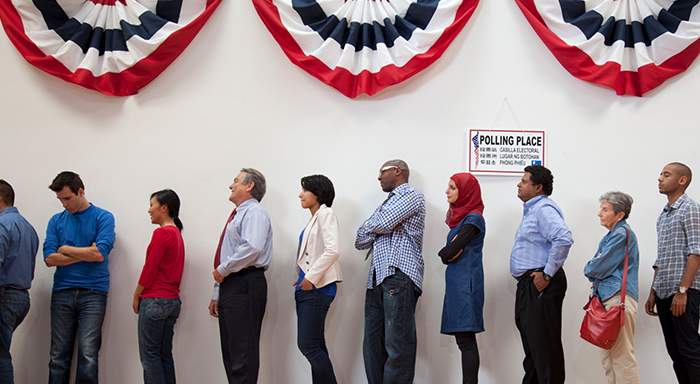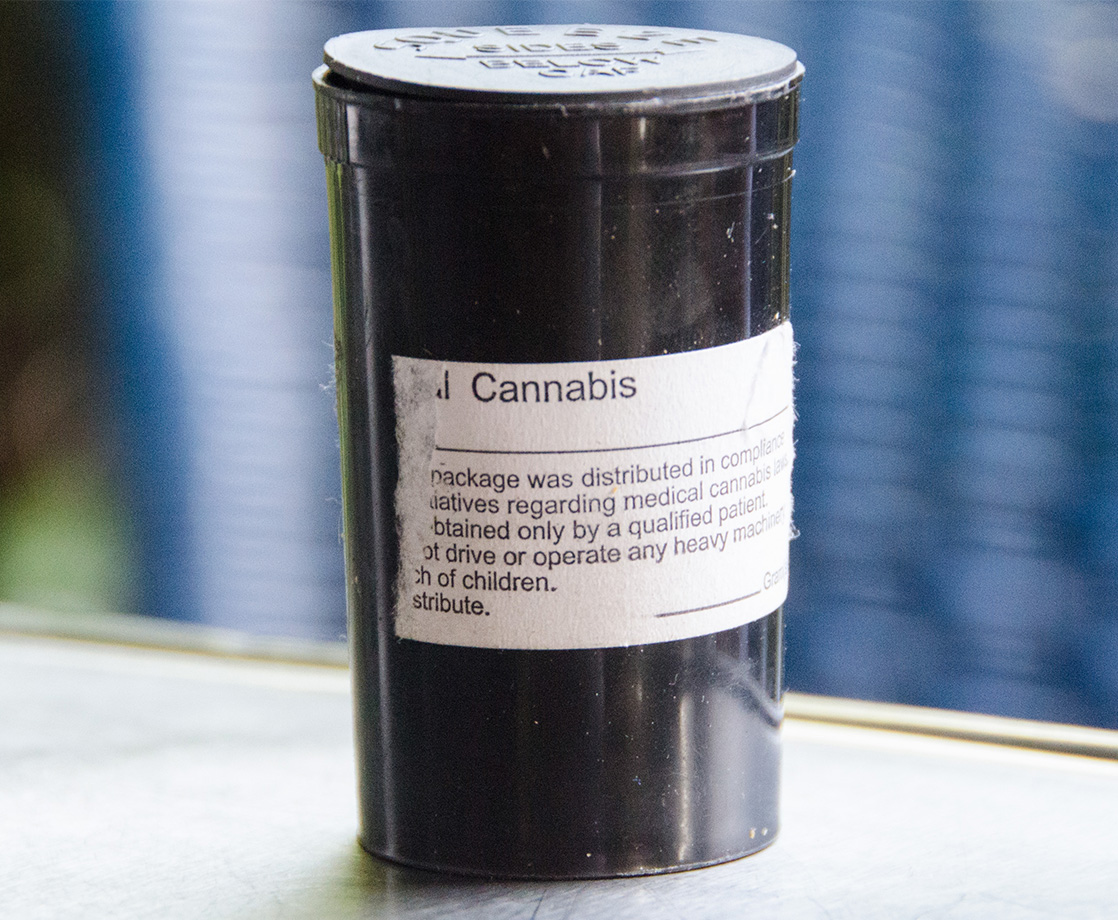Since the dawn of the Internet, our society has found ways to do everything from the comfort of our underwear, even if it meant allowing ourselves to be virtually probed for our data. (Location tracking for Angry Birds? Sure! Why not?) We silently zip along the freeway in our Ubers and Lyfts, blissfully programming our smart-bulbs and Roombas so when our Tinder dates arrive, they’ll have an Instagram-worthy apartment to enter. “God, I love living in the future,” you think to your selfie.
And yet, one question likely gnaws at your Seamless-addled stomach: Why the hell can’t we vote on the Internet? Seriously, it’s 20-fucking-16!
Here are some real—and really strange—things that you can do on the Internet in 2016. Vote to name a planet. Schedule total facial-reconstruction surgery with a Doctor named Kevin. Transfer millions of dollars of actual gold to my bank account. Use that gold to buy 55 gallons of lube, or five live “breeding” shrimp. Find someone to have sex with who is also gluten intolerant. You can also send someone industrial-grade fertilizer used in terrorist attacks, purchase a mail-order bride, give your baby up for adoption, and order a pistol that you don’t have to pay for until 2018. But while you can do all this, you cannot and you shall not exercise your right to vote on the Internet.
Voting online would be a hell of a lot more convenient than physically going to a polling place or relying on the U.S. Postal Service to send you a ballot (trapped inside the PennySaver, no doubt). Implementing computerized voting would not only be environmentally friendly, it would also cut costs, provide access to disabled or bedridden voters, and allow voters to research candidates and propositions in the moment. Online voting might even improve our abysmal voter turnout numbers (62.3 percent in 2008) since 87 percent of Americans are Internet users, according to the Pew Research Center.
Been there, done that.
Using the Internet to elect a president is not a novel idea. In 2000, the U.S. Military launched a program to allow active-duty personnel to vote electronically in national elections. In 2004, that program was found to have “serious security risks” and was abandoned. In 2010, Washington D.C. piloted an e-voting system for absentee and overseas voters. The District invited hackers to try and hack the system…and hackers promptly obliged. A group of students at the University of Michigan were not only able to alter results, they also changed the page to play their school’s fight song. The government didn’t even notice this until the hackers themselves alerted the creators of the voting apparatus.
This year, Utah Republicans participated in a new Internet voting experiment for the caucus. Every voter who registered online was given a PIN that they then used to vote. Though groundbreaking, glitches in the system caused over 40,000 voters to be turned away because they couldn’t verify their party. This might have been the fault of voters, not the system. Yet, 94 percent of these Republican voters who were able to use the system reported the experience as “good” and 84 percent said they would like to see the system implemented in national elections.
The most successful example of online voting has come out of the tiny and oft-forgotten Baltic country Estonia. Citizens have been permitted to use the web to vote since 2005, and the system has never had a hacking incident. Yet, in 2014, the University of Michigan (back at it again!) evaluated the system and found “staggering gaps in procedural and operational security, and the architecture of the system leaves it open to cyberattacks from foreign powers, such as Russia.” Of course Russia! It almost feels like there’s an inspirational poster on a wall somewhere in the Kremlin that reads: “A.B.C. – Always Be Cyber-attacking.”
Hackers, and the argument for paper voting.
Hackers may steal our identities, our naked photos, and our ability to not Tweet like a Spellcheck-averse neo-Nazi, but we’ll be damned if we’ll let them steal the U.S. election! It’s a fair concern, obviously. According to the Washington Post, Russian hackers targeted the Arizona and Illinois voter-roll databases earlier this year, thanks to handy online registration.
David Dill, a computer science professor at Stanford, and the founder of the Verified Voting Foundation maintains that paper ballots are the most advanced voting technology to date. That’s hard to believe in a world where we’ve gone and put self-driving vehicles on the streets of Pittsburgh, but we’ll play. “If they’re altered, it’s easy to detect,” Dill says. “There’s a physical object and you can track the trail of custody.”
Another thing online voting could change: the right for our votes to remain anonymous. If we’re given a PIN, or required to enter a State ID, that trackable and hackable online data could lead to a breach that would demean the idea of a Secret Ballot. (Knowing whom every celebrity voted for would be kind of fun, but only for about three minutes.)
Hackers gonna hack.
It’s the reality of living in 2016. If they haven’t already, hackers are going to take all of our data and jerk off to it, leak it, sell it, or pretend to be us. Still, the way we’ve been voting with paper ballots is not sustainable in the modern era. Seriously, when I lived in Lower Manhattan in 2008, I voted by pulling a five-foot long red metal lever. It was steampunk AF, but “steampunk” is the last adjective I’d like to use to describe my voting experience.
Frankly, I believe that the lack of technological advances in online voting is yet another smokescreen our political apparatus uses to make voting a huge pain in the ass. Pro-Internet voting blog Cyber the Vote agrees. “Our inability to modernize has been due to a variety of causes, led by an election administration and integrity culture that is resisting automation,” publisher Rob Weber wrote on the site in June.
Until we start demanding that the U.S. government get serious about creative initiatives for voting, we’re doomed to paper and pen, or a giant steampunk voting apparatus. Waiting in long lines to vote by paper is not a display of patriotism. It’s a symbol of serious governmental dysfunction. Working people who want to vote shouldn’t have to choose between keeping their job or standing in line for several hours. Those who have difficulty getting to their polling center shouldn’t be left out of the democratic process.
Speaking of which, for most states, there is still time to register to vote. Apparently, you can even do it on Snapchat. And don’t forget to do it, because there’s a lot on the line—and I’m not talking about people waiting to vote. And at least by going in person, you get a sticker.











